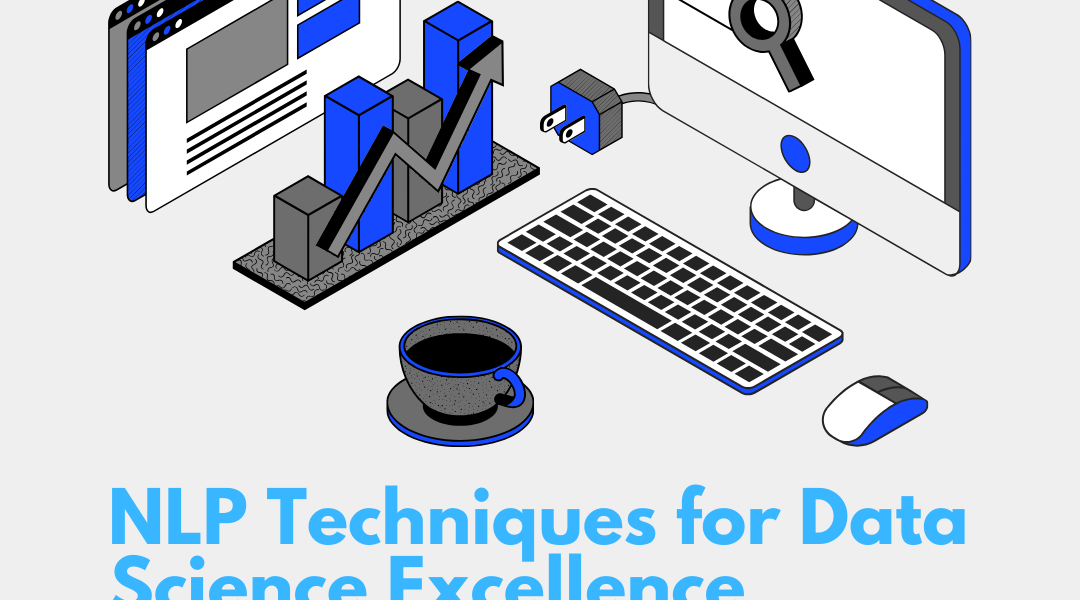In the rapidly evolving world of technology, Natural Language Processing (NLP) stands at the forefront of transforming data science. By leveraging sophisticated algorithms and linguistic models, NLP techniques enable computers to understand, interpret, and generate human language in a way that is both meaningful and useful. This article explores the revolutionary impact of NLP in the realm of data science and how it propels industries towards unprecedented efficiency and innovation.
Firstly, NLP techniques like tokenization, stemming, and lemmatization are fundamental in breaking down and normalizing text. This allows for more efficient processing and analysis of large datasets, enabling data scientists to derive meaningful insights from unstructured data. Sentiment analysis, another powerful NLP tool, helps businesses gauge public opinion, monitor brand reputation, and understand customer needs by analyzing online conversations and feedback.
Furthermore, NLP’s ability to facilitate machine translation and chatbots revolutionizes the way businesses interact with their global audience and customers, breaking language barriers and enhancing customer service. Topic modeling and named entity recognition provide deeper insights into content trends and relationships, making NLP invaluable for market research and competitive analysis.
The journey towards NLP mastery involves challenges like understanding context, sarcasm, and complex linguistic nuances. Despite these hurdles, the continuous advancements in deep learning and AI are progressively overcoming these issues, paving the way for more sophisticated and accurate NLP applications.
For professionals and organizations aiming to stay ahead in the data science field, integrating NLP techniques is more than a strategic move; it’s a competitive imperative. The ability to process natural language efficiently opens up a plethora of opportunities for data-driven decision-making. From enhancing customer experience through personalized recommendations to predicting market trends by analyzing social media sentiment, the applications are vast and varied.
Advanced NLP techniques such as deep learning and neural networks are taking the capabilities of NLP to new heights. These methods enable machines to understand nuances and contexts much like humans, making the interaction more natural and the insights more accurate. For instance, deep learning can be used for more complex tasks like automatic summarization of documents, creating abstracts of lengthy articles, or even generating original content.
Moreover, the integration of NLP with other technologies like voice recognition systems and IoT devices is creating smarter, more interactive environments. This synergy is not only enhancing user experience but also opening up innovative avenues for service delivery and product development.
As we harness the power of NLP, it’s also crucial to address ethical considerations and biases that can arise in language models. Ensuring that NLP systems are fair, transparent, and accountable is paramount in their development and deployment. As such, the field is not just about technical prowess but also about responsible innovation.
NLP techniques are redefining the boundaries of data science, offering unparalleled opportunities for insight, engagement, and efficiency. As these technologies continue to evolve and integrate with various sectors, their impact will only grow, reinforcing the importance of NLP in achieving data science excellence. Whether you’re a business leader, a data scientist, or someone interested in the future of technology, now is the time to embrace the potential of NLP and ride the wave of this transformative trend.

